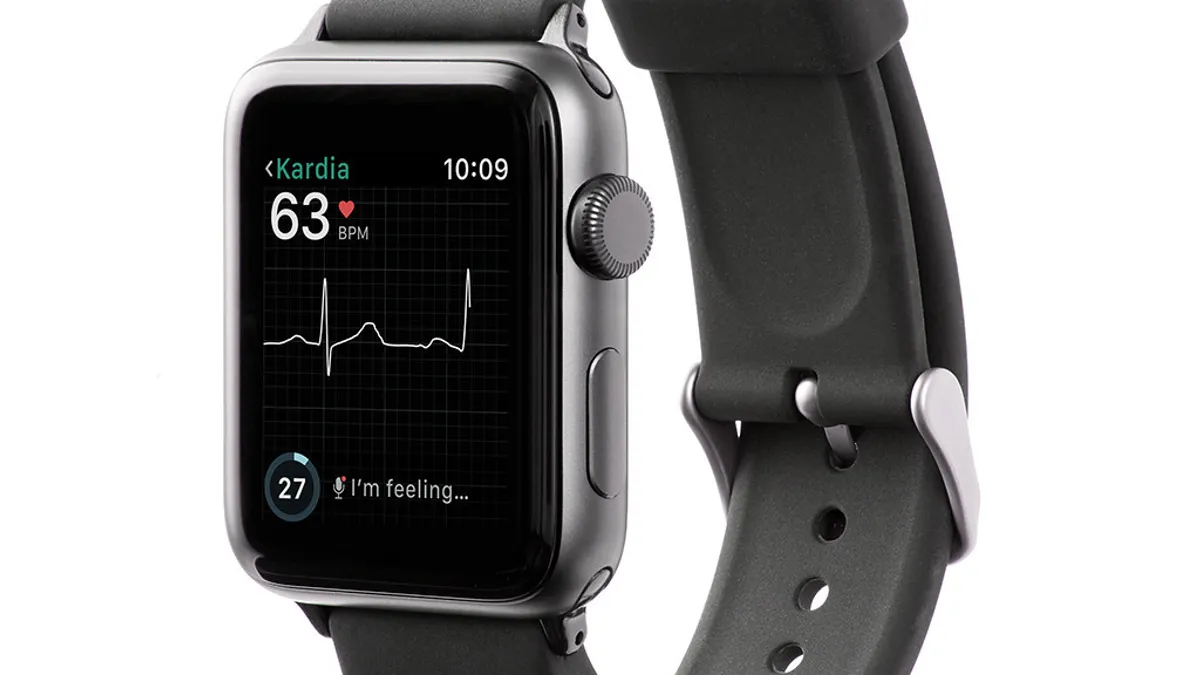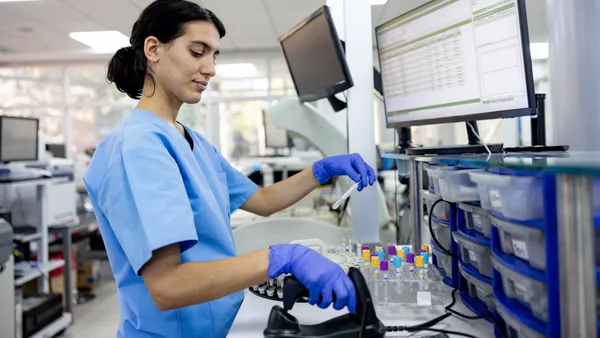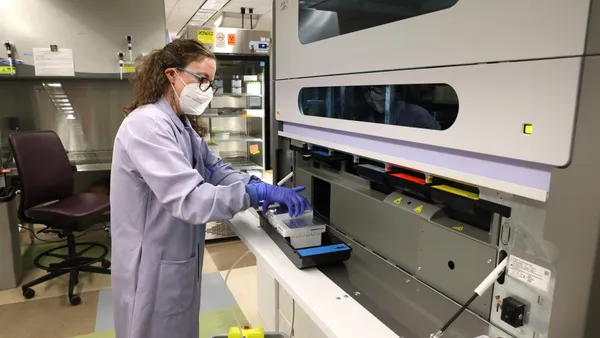An import ban on some of Apple’s watches because of patent infringements is unlikely to go into effect for at least a year due to ongoing litigation, according to AliveCor, which is appealing a separate patent dispute with the company.
The Biden administration on Tuesday upheld findings by the International Trade Commission that Apple violated some of AliveCor’s patents for its electrocardiogram technology. However, the ITC won’t enforce a ban of the devices until the companies resolve a separate appeal of a decision by the Patent Trial and Appeal Board, which found that AliveCor’s claims were unpatentable.
AliveCor, which makes consumer ECG devices, is taking the case to the U.S. Court of Appeals for the Federal Circuit, where it is expected to take 12 to 16 months to make a decision, Chief Strategy Officer Sanjay Voleti said in an interview on Tuesday. Some devices, such as the Apple Watch SE that doesn’t have an ECG sensor, would be exempt from the import ban.
Mountain View, California-based AliveCor once partnered with Apple, making a wristband that could be attached to the Apple Watch to detect heart rhythm. In 2018, Apple got clearance from the Food and Drug Administration for its own built-in ECG feature. The companies have been in a patent dispute since 2020.
“It's really hard to figure out what it's going to do economically,” Voleti added when asked how a potential import ban would change business.
Despite the lack of immediate effect, AliveCor CEO Priya Abani said in an interview on Tuesday that the decision was “an important milestone.”
“This is a big step for us to move forward and get the courts to listen to our full case,” Abani added.
Apple said in an emailed statement on Tuesday that the ITC’s final determination will have no practical impact, since the exclusion order has been paused for the appeal of the PTAB ruling. The company also plans to appeal the ITC’s decision to the Federal Circuit.
“The patents on which AliveCor’s case rest have been found invalid, and for that reason, we should ultimately prevail in this matter,” the company stated in December, shortly after the ITC’s decision.
In the meantime, AliveCor is bringing a separate antitrust case against Apple, focused on an operating system update made to Apple Watches that prevented AliveCor and other developers from accessing information needed for their algorithms to function properly.
“What is really sad here, instead of trying to work with startups like us, they just wanted to cut us off. You can’t steal people’s technology and then scale it, and then say back off,” Abani said.
The case is set to go to trial in the first quarter of 2024, Voleti said.












